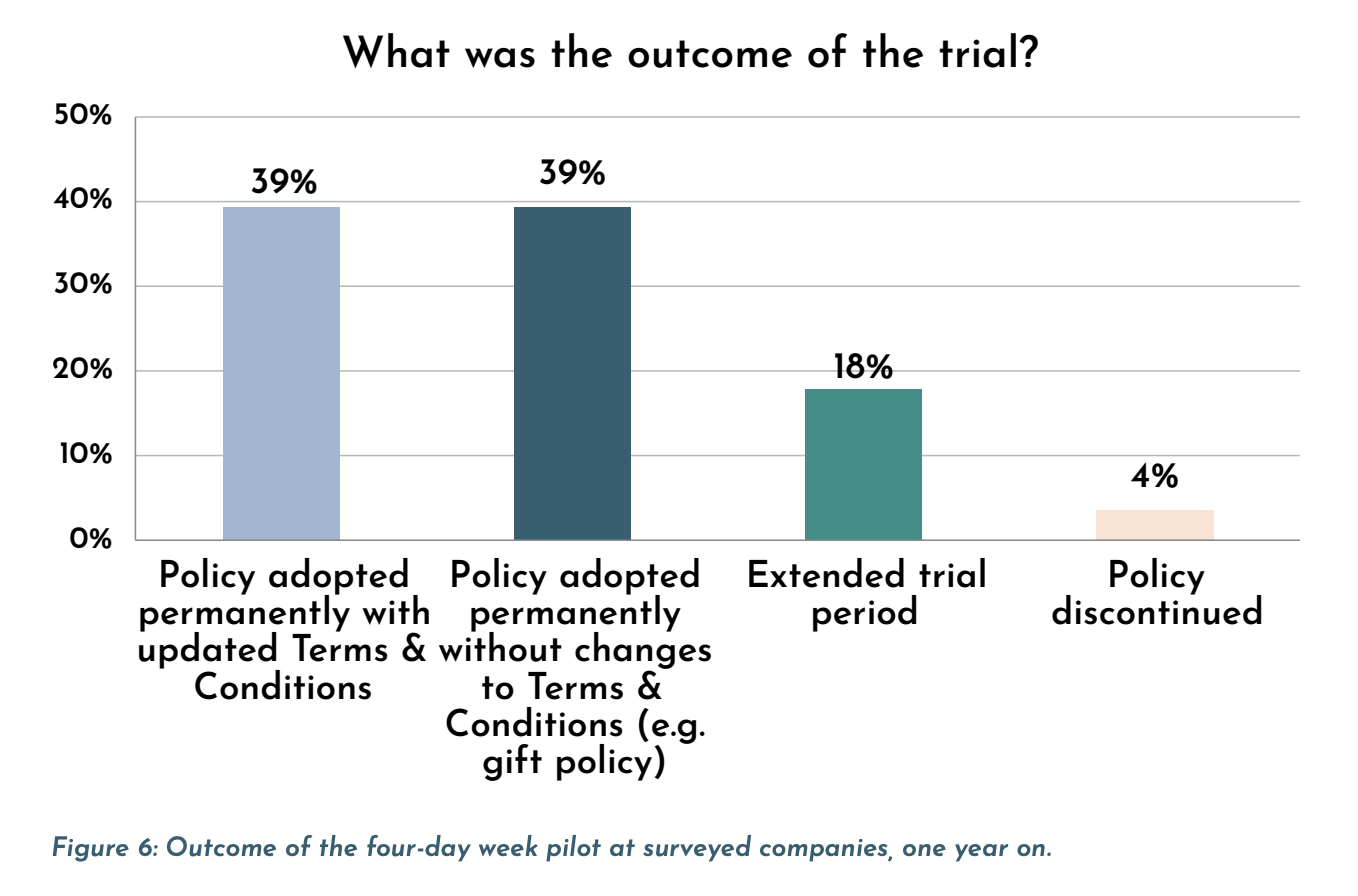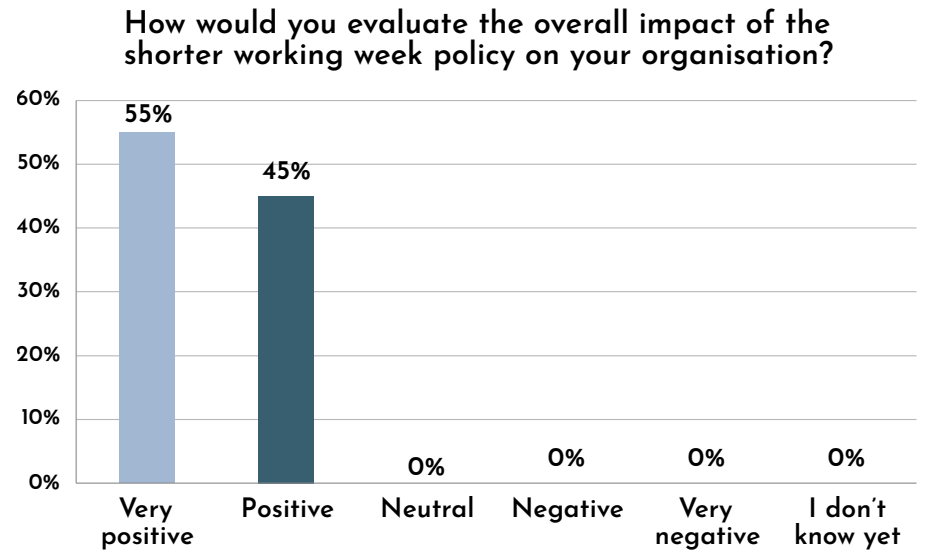Four Day Work Week in the UK: Boosting Productivity or New Challenges?
1.Preface
Following the positive outcomes of large scale trials of the four day workweek, the UK Labour government is moving forward with labor law reforms to make the “four day workweek” an official policy.
Under the new policy, UK employees will have the right to request a four day workweek, while still adhering to their contracted total working hours (i.e., the same overall workload).
In the future, UK employers will be required to engage in discussions with employees about implementing the four day schedule, and cannot refuse such requests without reasonable justification. The policy is expected to take effect this autumn and could disrupt the traditional five day work model, making the four-day workweek a mainstream option.
Currently, UK workers already have the right to request flexible work arrangements. However, the new regulation will go further by ensuring that employees can complete their contracted hours over four days while retaining full pay. This is expected not only to improve work life balance, but also to potentially boost productivity.
2.The large scale trial yielded significant results, with most companies adopting the four day workweek.
This reform is closely linked to the world’s largest four day workweek trial previously conducted in the UK.
The trial was led by the think tank Autonomy, the non profit organization 4 Day Week Global, the 4 Day Week UK Campaign, and researchers from the University of Cambridge, the University of Oxford, and Boston College.
From June to December 2022, 61 companies participated in the trial, allowing employees to complete 100% of their work in 80% of the time while receiving 100% of their pay. At the end of the trial, around 89% of the participating companies continued with the four day workweek, and over half of them made the policy permanent

(Image source: Official report on the four-day workweek trial over half of the participating companies have made the policy permanent.)
According to the research report, companies that implemented the four-day workweek not only experienced reduced employee turnover but also saw significant improvements in employees’ mental and physical health, job satisfaction, and quality of life. More importantly, the report emphasized that these positive outcomes are not short term effects but have lasting impacts.
While the benefits of reduced working hours are evident, the report also highlighted that the key to successfully implementing a four day workweek lies in reassessing work practices such as meetings, communication, and prioritization.
(Comments from managers of companies participating in the four day workweek trial on the impact of the experiment)
3.Responses and Challenges
Although the policy has received widespread support, some government officials and business owners remain cautious about its potential economic impact.
Tom Binet, Jersey’s Minister for Health, stated during a review meeting that the government would consider piloting the four day workweek in the public sector but must ensure it does not negatively affect tax revenue or the economy.

(Tom Binet, Jersey’s Minister for Health)
Some companies and experts believe that compressing work hours completing five days’ worth of work in four days might negatively affect productivity.
The software company Cortex once trialed compressed work hours, but one of its founders, Matt Thornton, pointed out that this approach caused the company to focus too much on hours worked rather than outcomes. As a result, employees felt exhausted on the busier workdays, leading to a decline in productivity.
Research shows that employees generally prefer shorter working hours over higher pay. Therefore, some experts suggest that the government adopt a hybrid model: allowing some employees to reduce their working hours, while those whose hours cannot be shortened (such as healthcare workers) receive higher wages.
As demand for the four-day workweek grows globally, this trend could profoundly impact future work patterns. However, balancing economic benefits with employee welfare remains a significant challenge for governments and businesses.
4.The Multifaceted Nature of Flexible Work Arrangements
Although reducing working hours can improve many employees’ quality of life and work life balance, its effectiveness varies across different industries.
For example, some small businesses may find it challenging to implement a four day workweek due to the need to maintain operations during peak periods.
Michelle Ovens, founder of Small Business Britain, noted that the four day workweek could increase labor costs and may not be the best solution for industries that require continuous operation throughout the week.

(Michelle Ovens, Founder of Small Business Britain)
5.Challenges of Future Work Models
The call for reduced working hours has been growing louder, especially with the rise of remote work during the pandemic, which has led more people to seek flexible work arrangements.
Despite successful case studies and supporting experimental data, the UK government emphasizes that the four day workweek is not mandatory. For industries where it may not be suitable, employers still have room to adopt other more flexible solutions.
As Health Minister Tom Binet stated, implementing a four day workweek must ensure it does not negatively impact the economy or tax revenues.
Overall, as demands for new work models evolve worldwide, the four day workweek may expand into more industries in the future. However, achieving full implementation will require balancing the unique characteristics and needs of different sectors.

